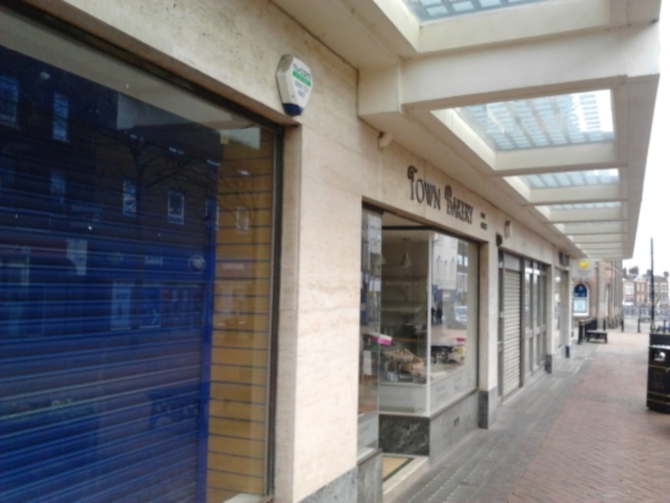Low disposable income and the rising cost of living has pushed consumers to the brink in recent years, with figures from the Joseph Rowntree Foundation revealing that around 3 in 5 families lived in poverty for at least one year during the recession. However, the latest statistics from the British Retail Consortium (BRC) and Nielsen’s shop price index indicate that the tide is beginning to turn, with prices falling sharply in February and taking the pressure off consumers.

According to the data, shop price deflation reached 1.4 per cent in February, beating the 1 per cent recorded in January and marking the deepest rate of deflation since the shop price index began in December 2006. Furthermore, food price inflation also dropped to a seven year low, with February’s 1.1 per cent rate dropping from 1.5 per cent in January.
The housing boom, in addition, has encouraged retailers to launch promotions geared towards consumers looking to purchase home furnishings and electrical goods, with sofas, carpets and kitchen equipment often dropping in price to boost sales volumes. This had a remarkably positive effect upon non-food deflation, which rose to 3 per cent in February after achieving a strong result of 2.7 per cent in January.
BRC director general Helen Dickinson believes that the latest batch of price drops will encourage retailers to up the competition with rivals.
She says; “There are especially good deals available at the moment in clothing, electricals, books and stationery.
“Hard-pressed families watching their budgets will also be helped by the lowest level of food inflation we’ve recorded.
“In contrast to other household bills, the price of the weekly food shop is rising at a much slower pace – many of the larger food retailers have been looking closely at their investment in promotions and price cuts, suggesting competition could intensify further.”
This mounting competition at first glance appears to be bad news for small retailers, as many cannot afford to compete in price with larger brands. However, as food prices continue to deflate, this gives smaller retailers the opportunity to implement promotions targeted towards local consumers rather than the wide-ranging national discounts supermarkets are able to implement.
For example, a small grocery store, or one specialising in confectionary, could run a promotion coinciding with the Easter break which offers consumers a discount on personalised Easter eggs or baskets. Alternatively, a business specialising in DIY or gardening could select a local event and run a themed promotion around it, with items tied to the theme discounted in order to drum up interest.
Competition from larger brands can be difficult to beat when a small store only has a limited budget and has to carefully consider the impact a promotion will have upon profit margins, but finding a niche in the market and using price deflation to its advantage can yield excellent results.
Have you noticed the benefits of shop price deflation or are the savings being swallowed up by continuing energy price rises?